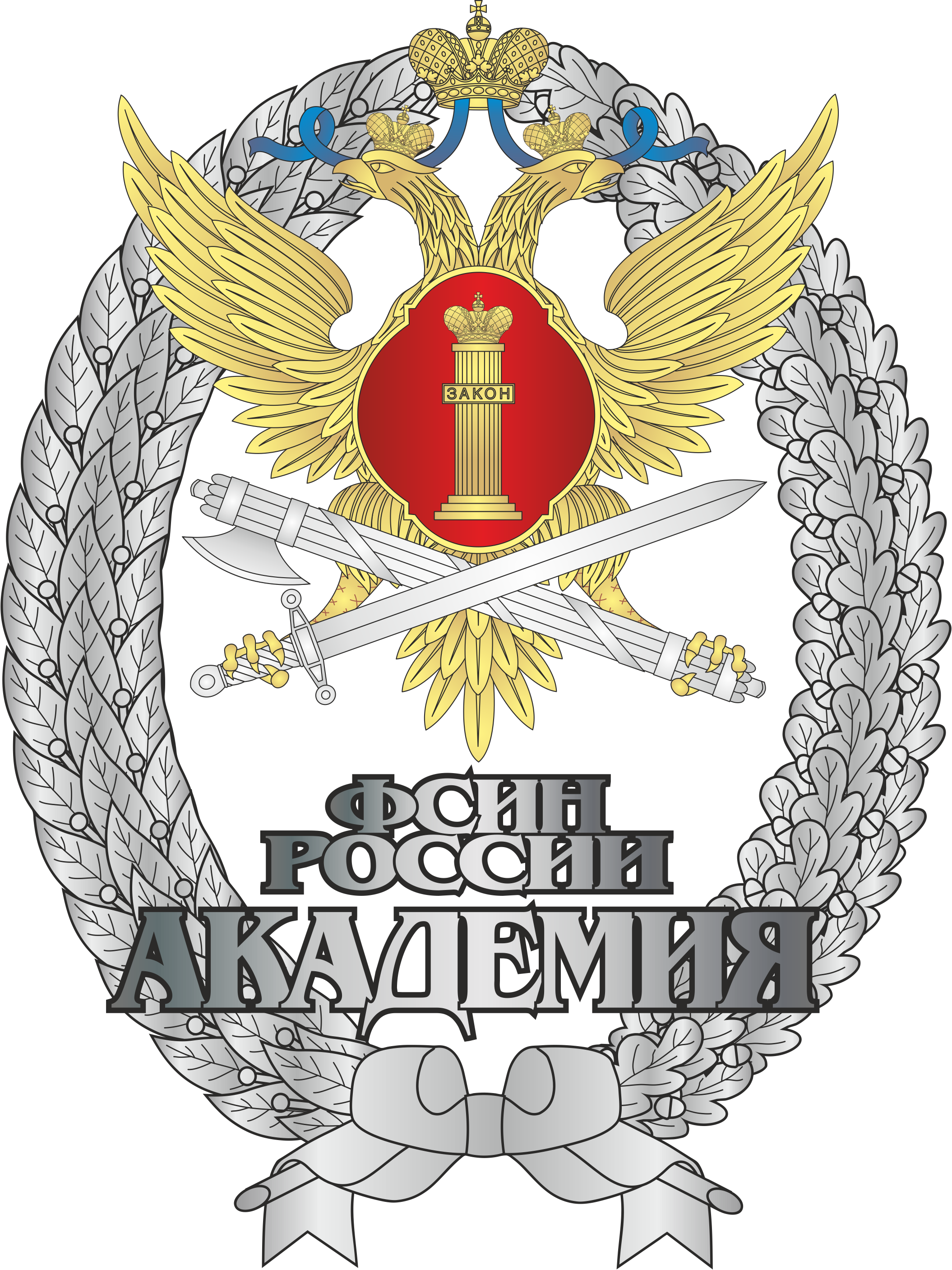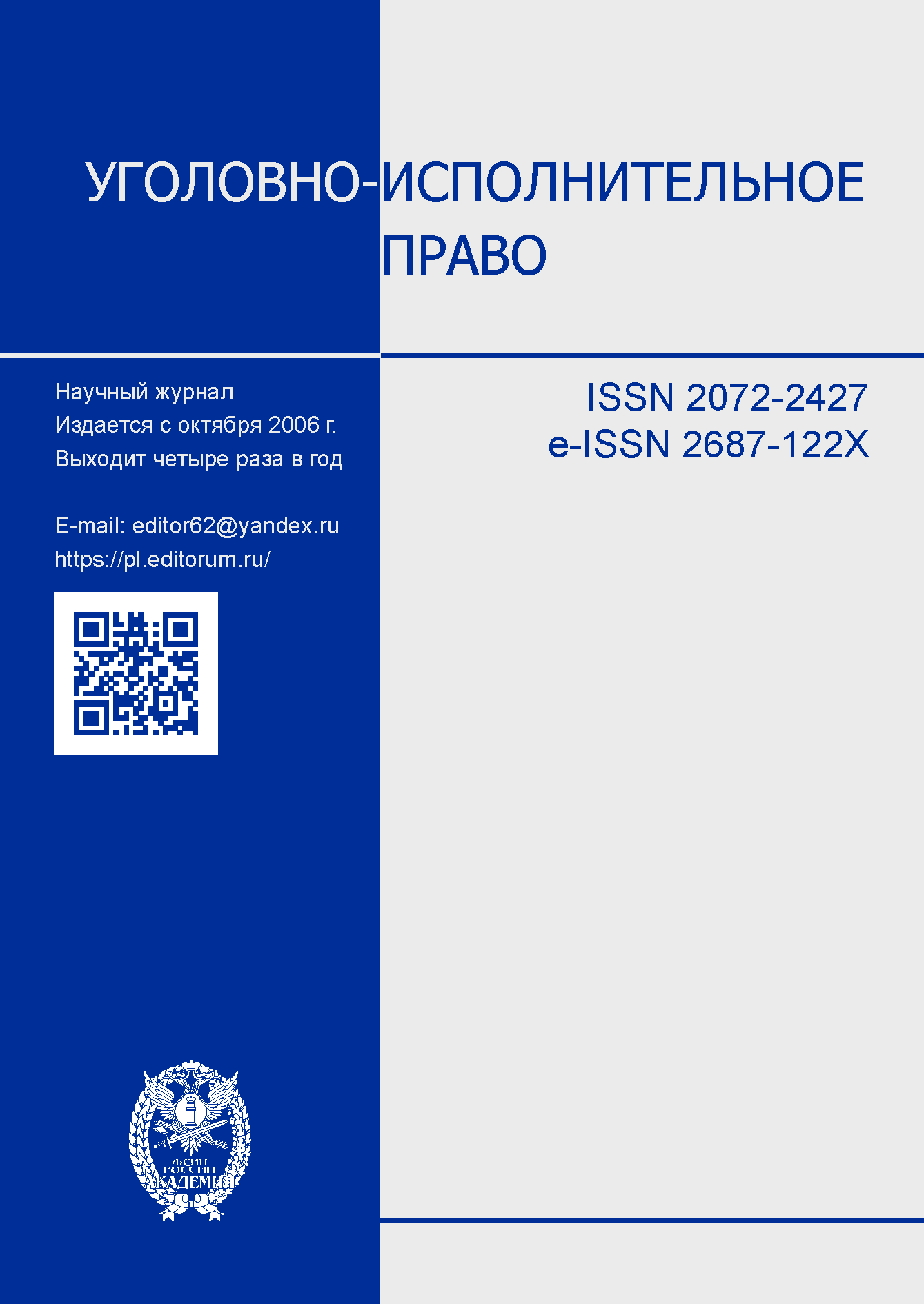Russian Federation
UDC 34
The science considers efficiency of punishment, commensurating expenses of society and the state (economic, political, ideological etc.) with the purposes for the sake of which the mechanism of fight against crime works.The crime - result of the social conflict of the guilty person, and punishment will be effective only when is able to eliminate this conflict. Modern measures don't eliminate, and deepen it. It first of all concerns imprisonment. High level of a recurrence among the persons which have left imprisonment proves a negative role of criminal penalty.To refuse rigid retaliatory influence, including from imprisonment, it is impossible now. It is about broad application of economy of repression, in particular about possible reduction of application of punishment in the form of imprisonment due to other punishments, first of all such which not only would bear a retaliatory charge, but also, whenever possible, repaid the conflict which has generated a crime.Solving in the punishment choice, for example, at commission of crimes of small and average weight, has to be potential in respect of social adaptation of convicts already in the course of his serving.Comparison of types of punishments alternative to imprisonment leads to a conclusion about need to develop the punishments connected with labor influence which not only bear in themselves a certain retaliatory charge but also can be at their due organization more effective in comparison with other punishments. Now such punishments three: obligatory labour, corrective labour, forced labour.Development of a concept of criminal offense with application for him of the punishments which aren't connected with imprisonment, in particular obligatory, corrective and forced labor is initiated.
susceptibility to punishment, types of punishment connected with labour impact, fines, compulsory labour, corrective labour, compulsory labour, suspended sentence
1. Bababev M. M., Pudovochkin Yu. E. Ugolovnoe nakazanie v konfliktologicheskom kontekste // Vestn. yurid. fakul'teta Yuzh. feder. un-ta. 2015. № 1 (3). S. 15-25
2. Kristi N. Surovost' nakazaniya v istoricheskom aspekte // Predely nakazaniya. M., 1985. 176 s
3. Garbatovich D. A. Ugolovnoe nakazanie: aspekty effektivnosti // Vestn. YuUrGU. Ser. Pravo. 2014. T. 14. № 4. S. 32-37
4. Skifskiy I. S. Nasil'stvennaya prestupnost' v sovremennoy Rossii: ob'yasnenie i prognozirovanie. Tyumen', 2007. 276 s
5. Skifskiy I. S. Effektivnost' ugolovnogo nakazaniya i ego vliyanie na sovershenie nasil'stvennyh prestupleniy // Sovremennoe pravo. 2009. № 5. S. 104-110
6. O vnesenii izmeneniy i dopolneniy v Ugolovnyy kodeks Rossiyskoy Federacii : feder. zakon ot 8 dekabrya 2003 g. № 162-FZ // SPS «GARANT»
7. Stromov V. Yu. Sistema nakazaniy v zakonodatel'stve zarubezhnyh gosudarstv v kontekste effektivnosti predupreditel'nogo vozdeystviya // Vestn. Tambov. un-ta. Ser. Politicheskie nauki i pravo. 2016. T. 2. Vyp. 3 (7). S. 39-47
8. Karpov V. S., Sin'kov D. V. Shtraf kak vid nakazaniya v Ugolovnom kodekse RF i Kodekse RF ob administrativnyh pravonarusheniyah // Vestn. Buryat. gos. un-ta. 2015. № 2 (2). S. 284-290











